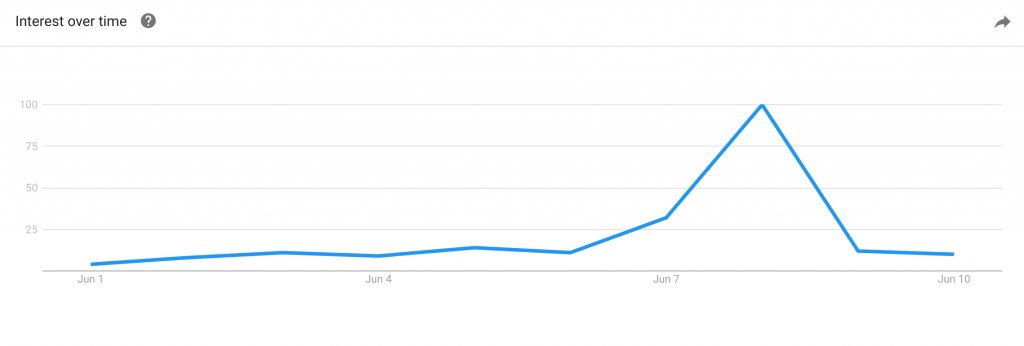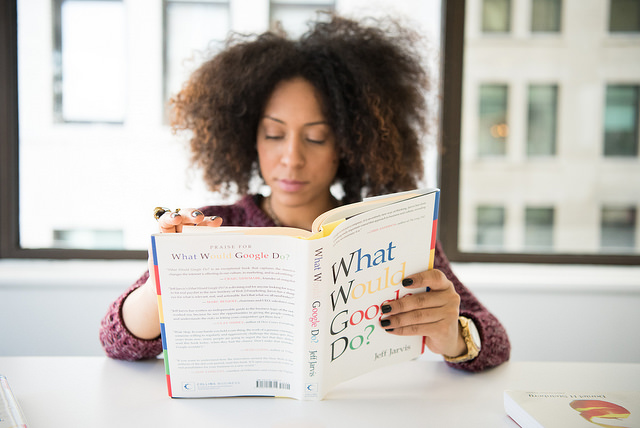Understanding human rights can be a bit of a nightmare. In fact, ‘what are human rights’ is one of the most commonly Googled questions about our rights.
Helping you to be informed about your rights is RightsInfo’s mission. But, since you’re here, we thought we’d give you a quick whistle stop tour. We’re nice like that.
Okay, so what’s the low down?
 Image Credit: Allef Vinicius
Image Credit: Allef Vinicius
Human rights are the values that keep society fair, just and equal. They’re the basic freedoms and protections everybody has by virtue of being human. They’re a set of universal values, like dignity, pluralism, tolerance and respect for each other. Their recognition is the foundation of freedom, justice and peace in the world.
Human rights have been around for a long time and not just in the UK. But human rights law as we know it only really came about after the Second World War, in response to the mass violations that had occurred. In the UK, the Human Rights Act brings the Human Rights Convention into force. That means that we have rights we can enforce in the UK courts.
Those rights include:
- Right to life
- Prohibition on torture, inhuman or degrading treatment or punishment
- Prohibition of slavery
- Right to liberty and security
- Right to a fair trial
- No punishment without law
- Right to private and family life
- Freedom of thought, conscience and religion
- Freedom of expression
- Freedom of assembly and association
- Right to an effective remedy
- Right to marry
- Prohibition on discrimination
- Right to peaceful enjoyment of property
- Right to education
- Right to free and fair elections
Which Human Rights Matter Most to People in the UK?

Image Credit: YouGov
YouGov (a global online community with a panel of over 800,000 people in the UK, which conducts public opinion surveys) shows that we in Britain believe that the right to vote is the most important. Those aged over 70 were the most in favour, with those aged 18-24 the least supportive.
In second place was the right to a fair trial if charged, although our fair trial rights are about more than just criminal trials. Men considered this important at the same level as those between 40-59, and slightly less than those over 60.
The right to free or low-cost healthcare is also right up there, with 18-24 year olds considering it more important than all other generations. We consider free education really important too, women especially.
Not being discriminated against is another biggie. The biggest discrepancy here is along political lines. The Liberal Democrats are very supportive, while UKIP supporters don’t consider this to be important.
Although free speech is ranked number 7, more than 50% of participants selected it as one of the most important rights. And, unlike the right to vote, the younger generation was the most in favour of free speech.
When Were People Interested in their Right to Vote?

Image Credit: Google Trends
There’s no real surprise that the search for the right to vote spiked at 7am 8 June, the date of the general election, and again 12 hours later, towards the end of the polling day – perhaps leaving it a little bit late to think about the right to vote!
Call us idealists, but we’d like to think that people were interested in the right they’d just exercised.

Image Credit: Google Trends
It’s interesting that, although people think that the right to vote is more important, over the last year, there have been more searches for free speech (marked red) than the right to vote (marked blue). The right to vote searches spiked in June 2016 (the Brexit referendum) and again last week (the general election). But mostly free speech is on top. Wikipedia reflects a similar pattern on a world-wide scale is on.
It’s easy to understand why we consider the right to vote most important. Without that one, how can we hold our leaders to account for breaching all the others? It’s also obvious why the right to vote was searched so much when it was. What’s a bit of a mystery is why, although we report the right to vote is most important to us, we don’t search the internet for information about it as much as we do free speech.
So, there you have it. Now you’re a human rights whizz kid.
For more about your human rights:
- See our previous ‘Ask the Internet’ piece on the Human Rights Act
- Read about the most important human rights cases
- Then take this quiz, now you know all about them







